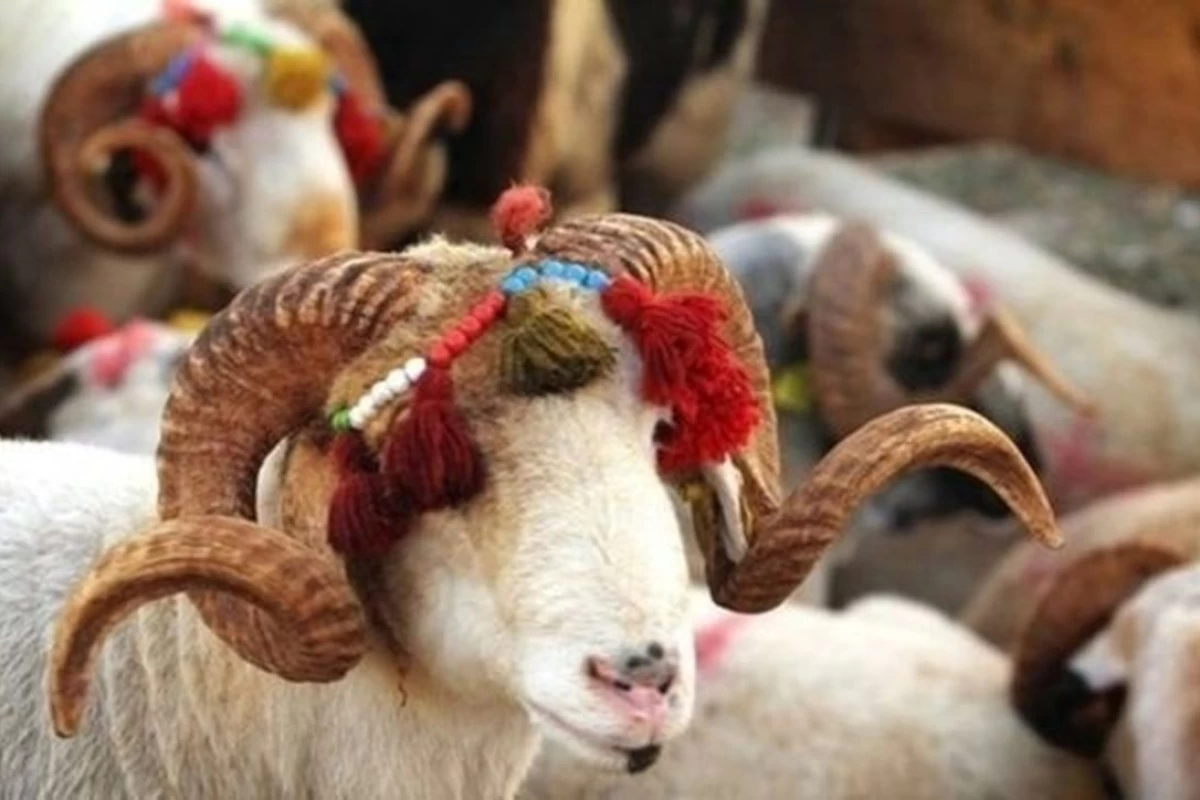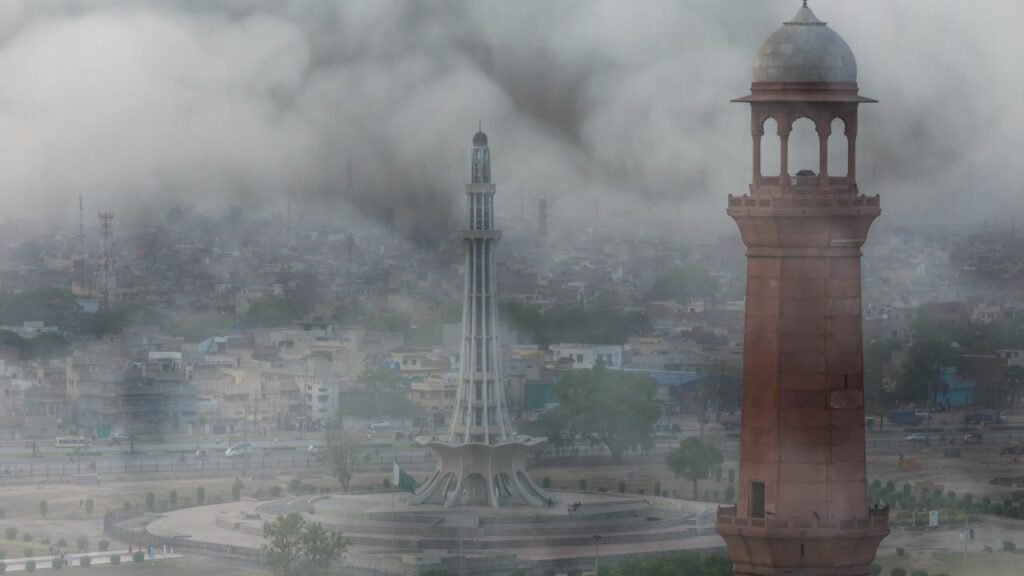Khalida Ramzan
The festival of Eid al-Adha, also known as Eid Ul-Azha, holds immense cultural and religious significance in Islam. It commemorates the willingness of Prophet Ibrahim (Abraham) to sacrifice his son as an act of obedience to God. This story is mentioned in the Quran, where Ibrahim is commanded by Allah to sacrifice his son Ismail. However, before the sacrifice takes place, Allah stops Ibrahim and provides a ram to sacrifice instead. This act symbolizes the importance of faith and obedience in Islam and is celebrated on the final day of the Hajj pilgrimage, the fifth pillar of Islam.
Eid al-Adha is traditionally celebrated by the symbolic sacrifice of an animal, such as a lamb, goat, cow, or camel. The meat from the sacrificed animal is divided into three parts, with one part retained by the family, another shared with friends and relatives, and the remaining part given to the needy. On the first day of the festival, Muslim worshippers perform a communal prayer at dawn, attend the Mosque, donate to charities, and visit with family and friends while exchanging gifts.
The festival is celebrated at the conclusion of the annual Hajj pilgrimage to Mecca, the holiest city in Islam. Muslims visit the Kaaba shrine in the Grand Mosque, which is considered the most important monument in Islam. It is also a time for pilgrims to visit the Jamarat Bridge, where Ibrahim is believed to have thrown stones at the devil.
Eid al-Adha is considered the holier of the two Eid festivals in Islam, with the other being Eid al-Fitr. Eid al-Fitr marks the end of the Ramadan fasting month, while Eid al-Adha takes place about two months after Eid al-Fitr at the end of the annual Hajj pilgrimage to Mecca. These two holidays are significant in Islam and are celebrated with prayers, charitable acts, and communal gatherings.
Eid al-Adha, also known as the Feast of Sacrifice, is a unique Islamic holiday that stands out for its observances that continue for the following three days, known as the Tashreeq days. These days, like the main day of Eid al-Adha, are filled with prayers, feasting, and acts of charity. The holiday falls on the 10th day of the twelfth month of Dhu al-Hijja in the Islamic calendar. Similar to Eid al-Fitr, the Eid prayer is performed on the morning of Eid al-Adha, and the ritual sacrifice of cattle, known as udhiyah, may be carried out. This ritual is rooted in Islamic tradition and honours the willingness of Abraham to sacrifice his son Ishmael as an act of obedience to God.
The term ‘Eid’, which means ‘festival’, ‘celebration’, ‘feast day’, or ‘holiday’, holds a deep cultural and religious significance in Islam. The holiday is also referred to as ‘Greater Eid ‘, a term that reflects its importance and grandeur. The etymology of the original Arabic terms and their meanings reflect the significance of sacrifice and offering in Islamic tradition. The holiday commemorates the devotion of Abraham and the survival of his son Ishmael, symbolizing the importance of faith and obedience in Islam.
During Eid al-Adha, Muslims recite the takbir in the days leading up to the holiday and perform the Eid prayer on the morning of Eid al-Adha. After the prayer, the ritual sacrifice of cattle, a deeply significant act, is carried out. The meat from the sacrificed animal is then divided into three parts, with one part retained by the family, another shared with friends and relatives, and the remaining part given to the poor.
The holiday is not just about religious observance, but also a celebration of culture. It’s an opportunity for Muslims to dress in their finest clothing and gather for communal prayers and celebrations. Traditional cuisine associated with Eid al-Adha, such as ma’amoul and samosas, adds a flavorful touch to the festivities. The date of Eid al-Adha varies each year on the Gregorian calendar due to the difference between the lunar and solar calendars, adding to its cultural richness. Therefore, Eid al-Adha is not just a time of spiritual reflection and communal worship, but also a time of unity and togetherness within the Muslim community. It’s an occasion that strengthens bonds with friends, neighbors, and colleagues, making everyone feel a part of something bigger.















